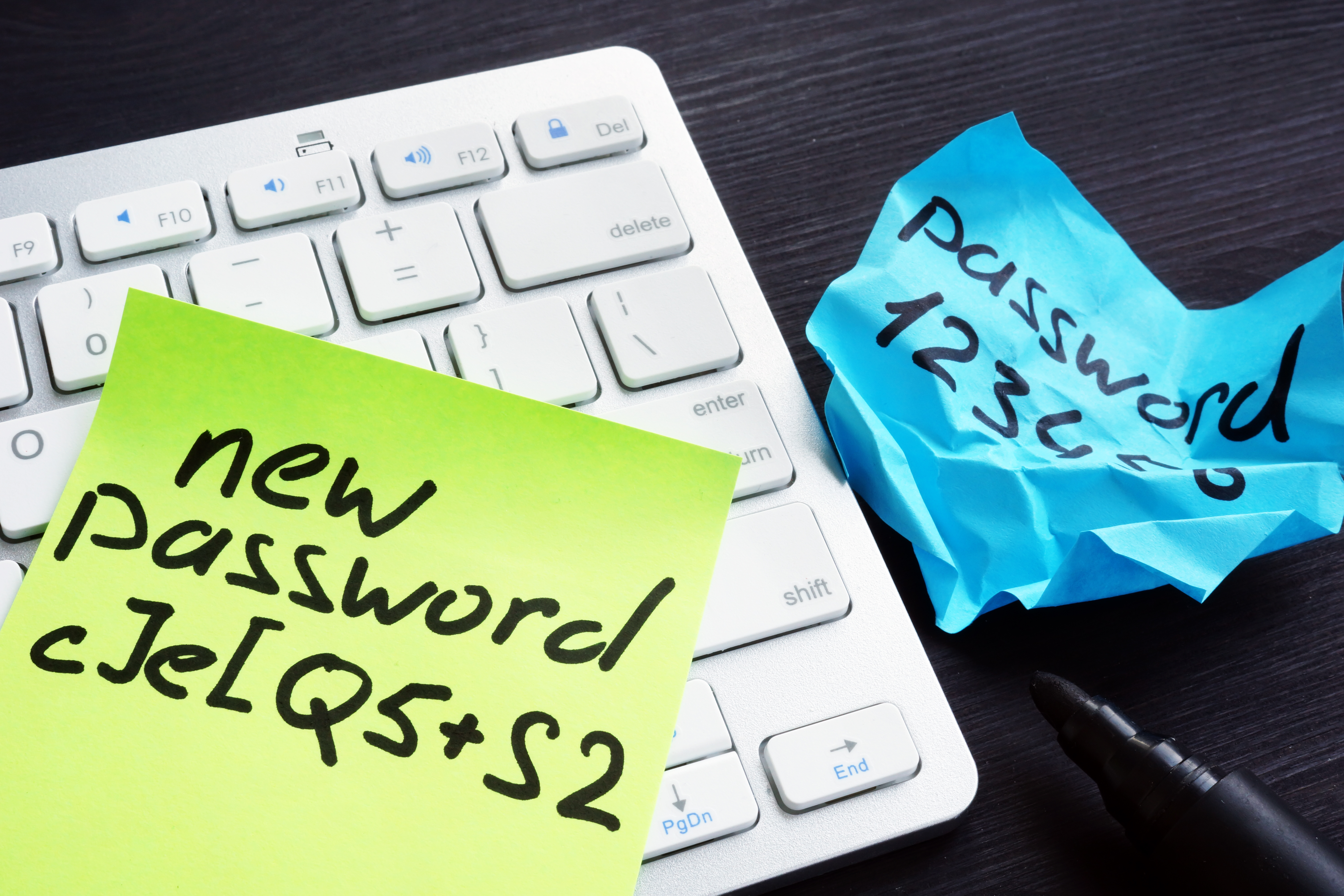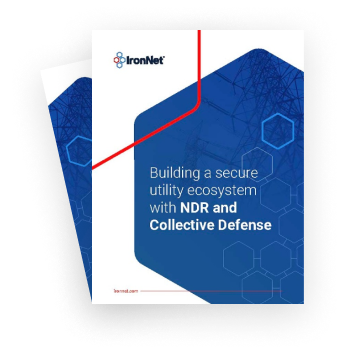One of the most important things you can do to protect yourself online is to ensure you are using strong, unique passwords for each and every one of your accounts. It’s true that memorizing dozens of passwords can be quite the challenge, but reusing passwords is not the solution, either. Doing so can be dangerous, as attackers these days are able to hack accounts by exploiting those reused passwords very often.
Some may find themselves getting locked out of online accounts or having a difficult time remembering login credentials, which is why many reuse passwords or write them down. So what are we supposed to do to keep up with password safety recommendations?
We have found a simple solution for you: a password manager. Password managers can be extremely useful as they handle all of your login credentials and auto filling forms, syncing data across your devices. Password managers simplify the processes because users have to remember only the master password to the password manager rather than unique passwords for each individual account.
What exactly is a password manager? A password manager is essentially a digital vault that encrypts your data, storing secure login information used to access accounts, apps, etc. The password manager encrypts the contents of the vault and protects it using a master password.
It is important to note, though, that password managers do not give you a pass to be complacent with the “golden key” you choose for your account. It is extremely critical that the master password is strong, complex, and difficult for others to guess. Further, if your password manager supports two-factor authentication, it is a best practice to turn this option on for extra security.
Not only does a password manager keep your login credentials and sensitive data safe, it also generates strong passwords for all the accounts you include in your profile. If you typically have a hard time deciding on a complex password, a password manager can generate a complex password for you and also ensure that it is not reused across any other accounts. As the news continues to report security breaches and identity theft, utilizing a password manager can aid in preventing multiple accounts from being hacked and ensure that you have unique passwords for each account.
While weighing your options, you should consider that there are a variety of password managers to choose from. Some store your vault on a computer or mobile device, whereas others may store it in the cloud. Further, most will include the ability to automatically sync the contents of your vault across multiple devices that you authorize. In this case, once you update a password on one device, those changes will sync to all your devices.
While we do put trust in our password manager of choice, using a password manager is definitely more secure than the alternatives. There are four main password managers on the market right now that are well trusted: 1Password, Lastpass, Dashlane, and Bitwarden. Any of these options can serve you well, and we recommend the following article to review the breakdown of each option: https://www.codeinwp.com/blog/best-password-manager/ .

.png)
